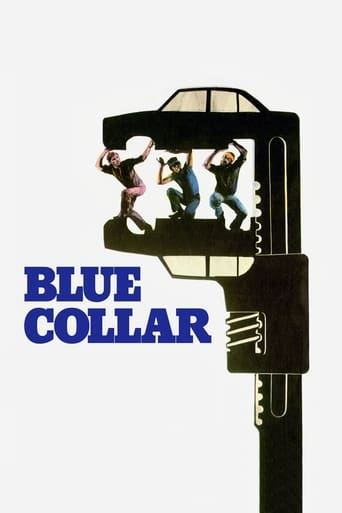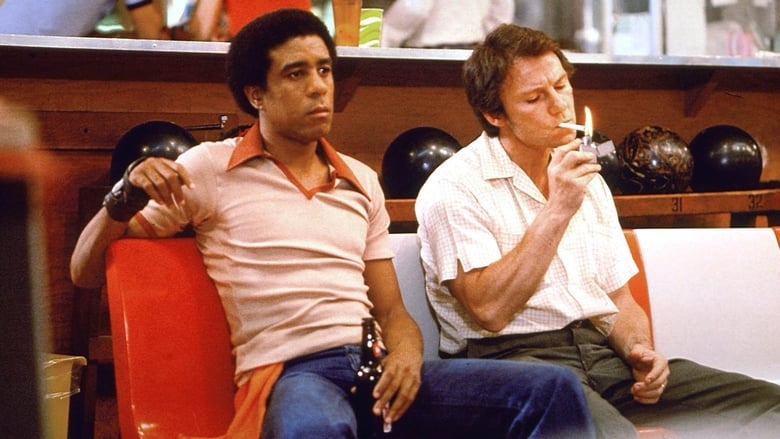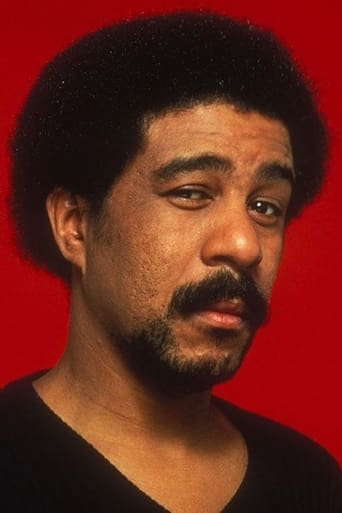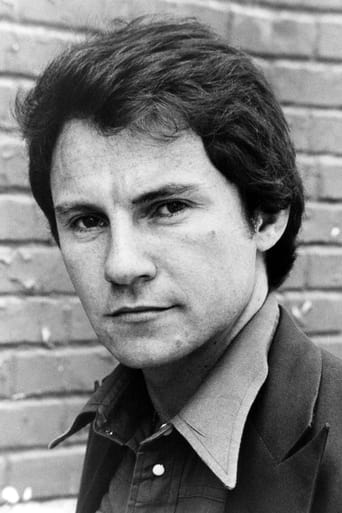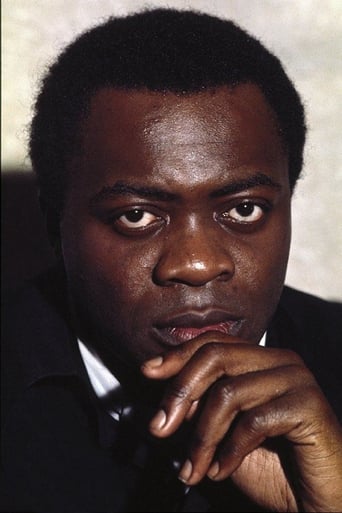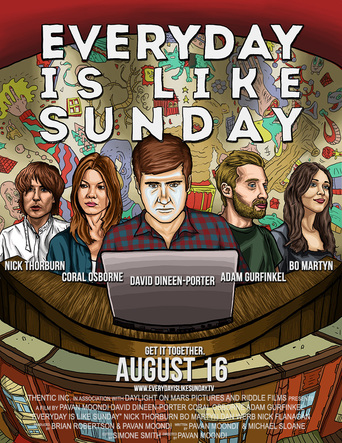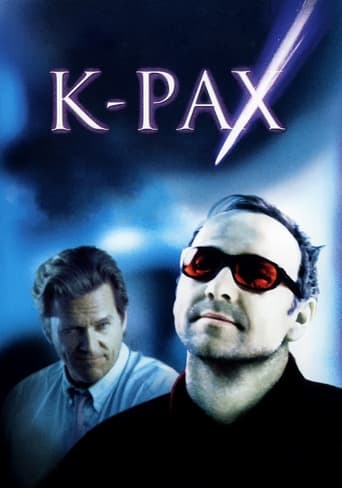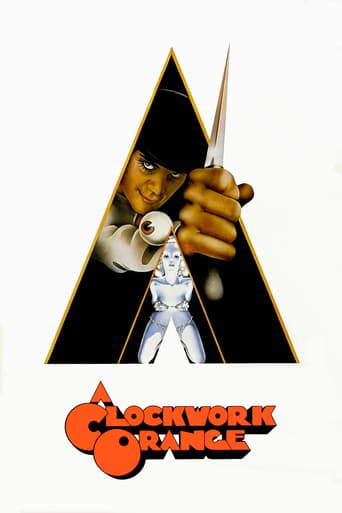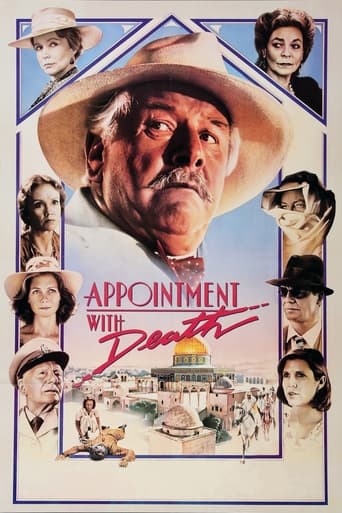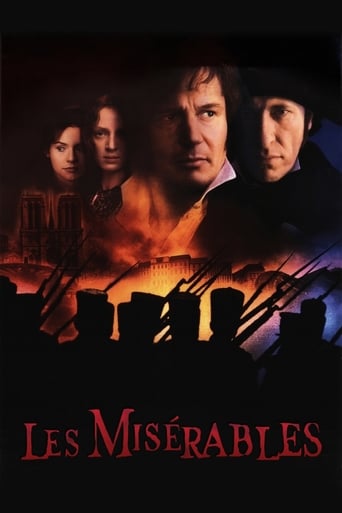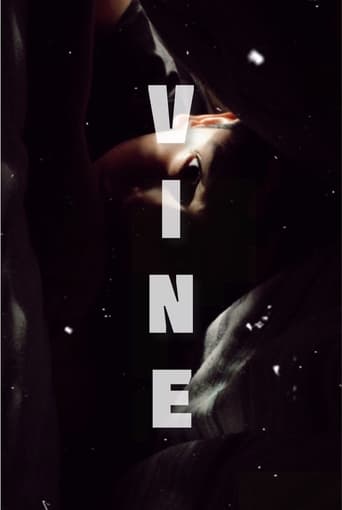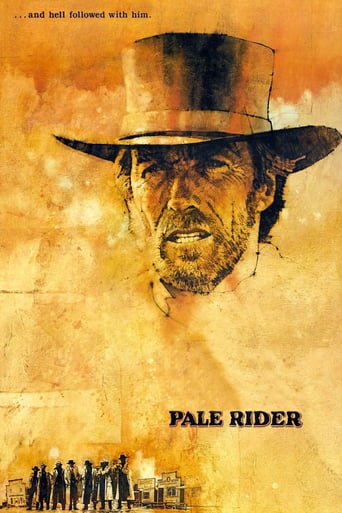Blue Collar (1978)
Fed up with mistreatment at the hands of both management and union brass, and coupled with financial hardships on each man's end, three auto assembly line workers hatch a plan to rob a safe at union headquarters.
Watch Trailer
Cast
Similar titles
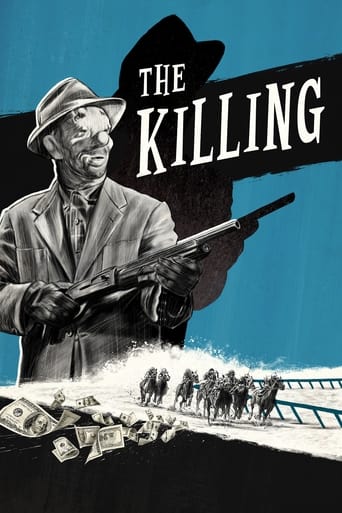
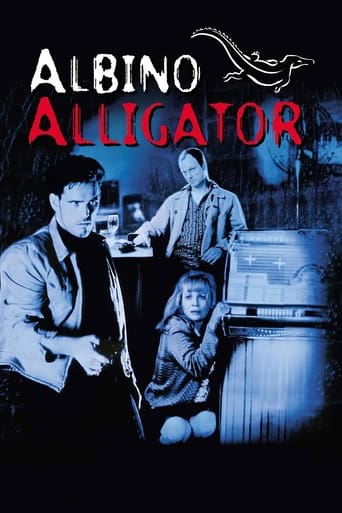
Reviews
I like movies that are aware of what they are selling... without [any] greater aspirations than to make people laugh and that's it.
It's funny, it's tense, it features two great performances from two actors and the director expertly creates a web of odd tension where you actually don't know what is happening for the majority of the run time.
It's the kind of movie you'll want to see a second time with someone who hasn't seen it yet, to remember what it was like to watch it for the first time.
The story, direction, characters, and writing/dialogue is akin to taking a tranquilizer shot to the neck, but everything else was so well done.
Following his screen writing credits on classics like Obsession and Taxi Driver, Paul Schrader would make his first foray behind the camera with the 1978 film Blue Collar. Spotlighting the exploitation of proletariat workers at the hands of powers at be, the film ranks among Schraeder's best and remains a quintessential piece of 1970's U.S. independent cinema.Blue Collar revolves around three workers at a Detroit auto plant; Zeke (Richard Pryor), Jerry (Harvey Keitel) and Smokey (Yaphet Kotto). Perpetually mistreated by their higher-ups and barely making enough money to feed their families, the film follows the group as they hatch a desperate plan to rob their union. Carrying through with the plan, the men end up stumbling upon evidence of behind-the- scenes corruption, setting the stage for the film's second half where the big wigs gradually take down each member of the group.Shot with an air of gritty realism, Blue Collar is a low budget drama with a Marxist message - powerfully channelling themes of race, class conflict and white collar crookedness. Though similar contemporaneous films have endured better in the annals of film history, Schraeder's debut remains an overlooked gem - one worthy of being dusted off and given a second look.
From Captain Beefheart's grinding musical intro, through its unflinching critique of the pitfalls of a capitalist society, to the frozen image of a compelling friendship distorted by futility and hate – Blue Collar (Schrader, USA, 1978) is a disturbing, traumatic vision of the plight of the working class in late 1970s America. As it centres mostly sympathetically on the plight of a trio of workers on a Detroit automobile line, it has been critiqued through a Marxist lens. These men are locked into a relentless production system in which they are truly only cogs in the greater capitalist machine, and despite their best efforts to escape, they are essentially chewed up and spit out by a system that is simply too much of a behemoth to be outrun.The opening monochromatic sequence of workers on the line transforms them into automatons among cascades of welding sparks. Freeze frames and the repetitive, distorted blues riff further amplify the sense of an infernal environment the men toil within; indeed, many workers are pictured in pits, beneath the chassis of half-built cars, wearing welder's goggles. The sense of ratcheted-up tension in this place is immediately tangible; so much friction, noise and mechanical mayhem must, like hell, be gradually crushing their souls, and it is immediately clear that it is from this place our eventual 'heroes' will be attempting to escape.These heroes turn out to be a trio of pretty unremarkable and not- particularly-bright blue collars. Interestingly, Zeke (Richard Pryor) and Smokey (Yaphet Koto) are black, and Jerry (Harvey Keitel) is white. It is likely that this racial mix of main characters in a film would have been unusual in the 70s; even more unique because there is very little racial tension in the film except at key crests of conflict and anger. No, the characters get along like gangbusters, hanging out at the bar and friendly with each other's families. In fact, the night they dream up their heist, they have been living it up at a very interracial sex and drug party. Combining interracial sex with drug use and portraying it in such a neutral light seems quite avant garde, since it is in this context where the configurations of race and power are normally extremely touchy to U.S. censors.The primary conflict here is not about race, although the corrupt union bosses and shady management at the plant all are whites in suits and ties; it is more about the corruption of this production empire. Working conditions never improve, even in the tiniest ways (like Zeke's broken locker and the perpetually dysfunctional vending machine) despite the men paying into a union and complaining to their reps on a regular basis. Compounding these extremely irritating details on a day-to-day basis are the struggles with raising a family on a low income and tiptoeing precariously on a knife edge of expenses (Jerry's daughter needs braces so badly, she injures herself trying to use paper clips) and debt (Zeke has lied to the IRS). The men escape to the aforementioned orgy and fuelled by cocaine and booze, hatch a plan to attack what they've come to see as their enemy, their own lazy union by stealing dues from a safe at their local.The heist goes ahead and one moment during the robbery has a particularly tragi-comic poignancy: as a guard pokes around while they are hidden in the safe, they emerge wearing ludicrous cartoon disguises. By robbing the union, the men are after all pretty much robbing themselves and it turns out their heist has left them with only a ledger. In cleverer hands, this ledger could have been leveraged to win them some freedom, but it ends up being used to divide them as they are unable to avoid being identified by their bosses and pitted against each other, ultimately leading to Smokey's murder (by drowning in blue paint!).The dominoes keep falling until Zeke has acquiesced to become a union puppet and Jerry has gone to the FBI. The final sequence of the film depicts Jerry and Zeke hurling racial abuse at one another and almost coming to blows, with a backdrop of cars still in production. The capitalist machine hasn't even suffered a dent and the story of the trio of friends has ended in a total wreck. The industrial blues riff kicks in again over a diabolically red screen for the credits, and damnation! Nothing has changed.
This movie is an "informing of the methods." It's NOT just about union corruption, because the company is at the core of the corruption. It is comparable to the more recent movie "Devil's Advocate" with Al Pacino as the Devil and Keanu Reeves as his young protégé. The Devil ultimately entraps the young lawyer and like all cases of entrapment by the devil, the devil can not do it unless the victim goes of their own free will. Keanu Reeves character protests angrily and insists that he's not a bad person. Then the devil replays every instance where he TOLD him to drop the case because the client was guilty....he TOLD him to go home to his wife. Of course in each instance he was weak and gave in to evil of his own free will. Blue Collar is EXACTLY the same morality play. It is up to the workers to get involved in their union in a responsible way. It is up to THEM to keep it honest. It is up to THEM to go home to their wives instead of staying out. The corrupt union rep TOLD them to do the right thing...before he offered them corruption. In the end, they did it all themselves...with a little help. The cryptic message at the end summarizes it all and makes it clear that we are being kept at each other's throats and enticed into acting immorally, but how it is our own weakness that plays into the hands of those with evil intentions. But you must watch until the very end...until the message plays. As one commenter said, under-rated film. It's a must see.
This is a great movie, a really great movie, this type of American cinema did fade into the background towards the end of the 70s. Primarily due to the increasing popularity of the blockbuster movie, but to avoid the cliché, that genre had been around long before "Jaws" and "StarWars".These type of movies have been re-emerging of late ,as the blockbuster is starting to falter, people want a bit of meat ,and not just to be the vegetables. Blue Collar is a slice of life, social commentary, crime caper, some people seem to find the characters habits unappealing, but that is taking this from the point of view ,that the heroes of the piece needed to be altruistic to the extreme ,as the union is the enemy. I feel that is reading this wrong,there are no goodies and baddies here.Thats the point,the film is letting you decide, it places all its moral questions right in front of you, whatever you think, it made you think,didn't it ?Anyone who has ever worked, can recognise something relevant to them in this film, why do we work , to perpetuate a cycle , everyone knows the questions and answers, as bleak as the situation may be, this film forces you to examine societies structure, and your place in it.In the present age of trivial pursuits, thats more important than ever !
